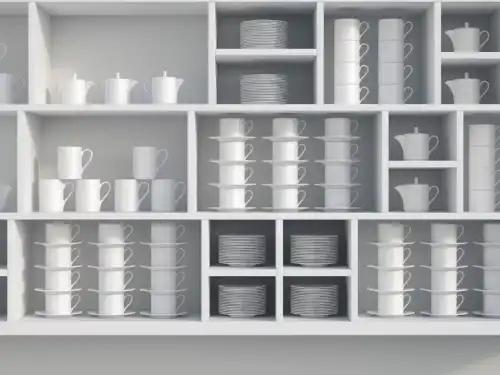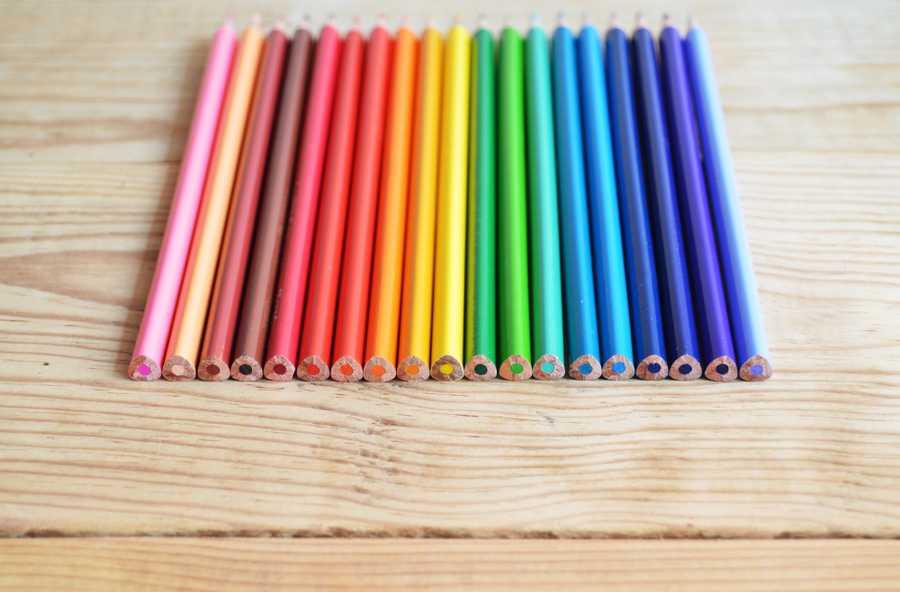Learn more about health with this collection
How to manage anxiety and self-doubt
Strategies for setting realistic goals
The importance of self-compassion and self-care
A compulsive behavior
It involves actions a person feels driven to do over and over again.
Compulsive actions may appear to be irrational or pointless, but the individuals may feel incapable of stopping themselves.
247
2.29K reads
Compulsion vs. Addiction
A compulsion is an overwhelming desire to do something. An addiction is a physical or chemical dependence on a substance or behaviour.
Two key differences between compulsion and addiction:
- Pleasure. Compulsive behaviours rarely result in feelings of pleasure. People with addictions desire the substance or behaviour because they expect to enjoy it.
- Awareness: People with compulsive disorders are typically aware of their behaviours and bothered by the lack of logical reason for doing them. People with addictions are unaware of or unconcerned about the negative consequences of their actions.
309
1.94K reads
Compulsion vs. Habit
- Habits are repeated actions that must be consciously initiated. Eventually, the process becomes subconscious and automatic: for example, when you are brushing your teeth.
- Unhealthy habits can become a compulsion or even an addiction. For example, the good habit of regular exercising can become an unhealthy compulsion or addiction when done in excess.
The difference between a compulsive behaviour and a habit is the ability to choose to do them.
236
1.42K reads
Common Compulsive Behaviors
- Compulsive overeating is the inability to control one's amount of nutritional intake, resulting in weight gain.
- Compulsive shopping is done to the extent that it impairs the shoppers' lives, leaving them financially unstable.
- Compulsive checking describes the constant checking of things like locks, switches, and appliances.
- Hoarding is the excessive saving of items and the inability to throw away any of those items.
- Compulsive gambling is the inability to stop. It results in serious personal, financial, and social problems.
223
1.15K reads
When Compulsion Becomes OCD
When an otherwise harmless behaviour becomes so consuming that it negatively impacts oneself or others, it may be a symptom of obsessive-compulsive disorder (OCD).
Most compulsive behaviours attributed to OCD are incredibly time-consuming, cause major distress, and impair work, relationships, or other essential functions. It can include behaviours such as eating, shopping, hoarding and animal hoarding, skin picking, and gambling.
233
1.39K reads
CURATED BY
More like this
5 ideas
The psychology of shopping addiction
bigthink.com
2 ideas
Everything You Want to Know About OCD
healthline.com
5 ideas
Read & Learn
20x Faster
without
deepstash
with
deepstash
with
deepstash
Access to 200,000+ ideas
—
Access to the mobile app
—
Unlimited idea saving & library
—
—
Unlimited history
—
—
Unlimited listening to ideas
—
—
Downloading & offline access
—
—
Personalized recommendations
—
—
Supercharge your mind with one idea per day
Enter your email and spend 1 minute every day to learn something new.
I agree to receive email updates

